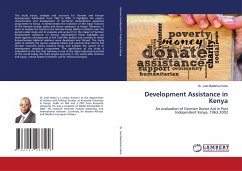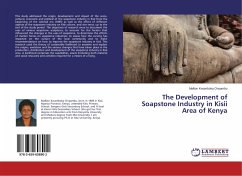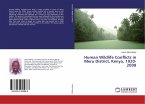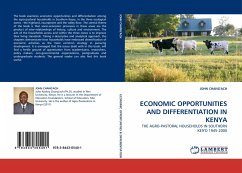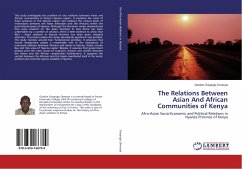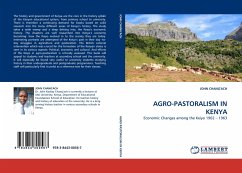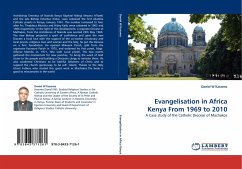This study traces, analyses and accounts for German and Kenyan development bilateralism from 1963 to 2003. It highlights the origins, characteristics and development of Germany's development assistance programme to Kenya. It demonstrates the evolution of the major features of the German foreign policy and donor assistance to Kenya. Moreover, it seeks to analyse the trends in the German-Kenya bilateral relations over the period under study and to evaluate and account for the impact of German development assistance on Kenya's development. These highlights are made against a background of the Cold War politics and contexts in which Kenya-German bilateral relations were developed and thrived. The study seeks to identify the various capitalist beliefs and practices that inform the German economic policy towards Kenya and analyses the nature of its development assistance programme. The significance of the study is embedded in the fact that Germany is one of the major industrial countries of the world today, the third largest economy in the world after America and Japan, whose bilateral relations call for historical analysis.
Bitte wählen Sie Ihr Anliegen aus.
Rechnungen
Retourenschein anfordern
Bestellstatus
Storno

